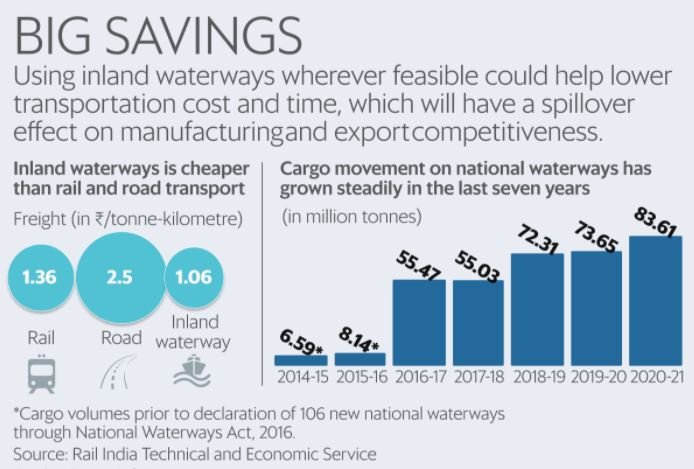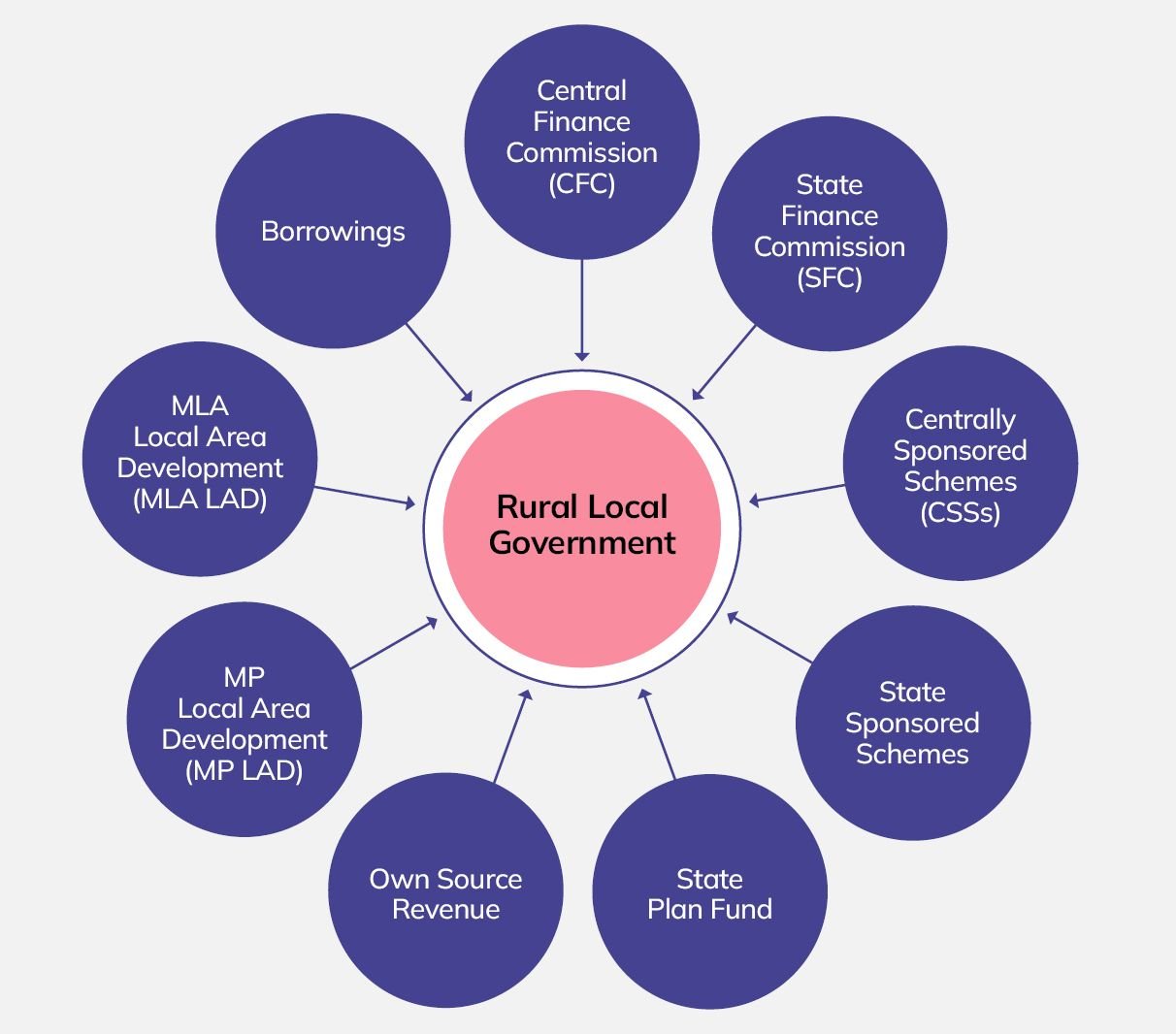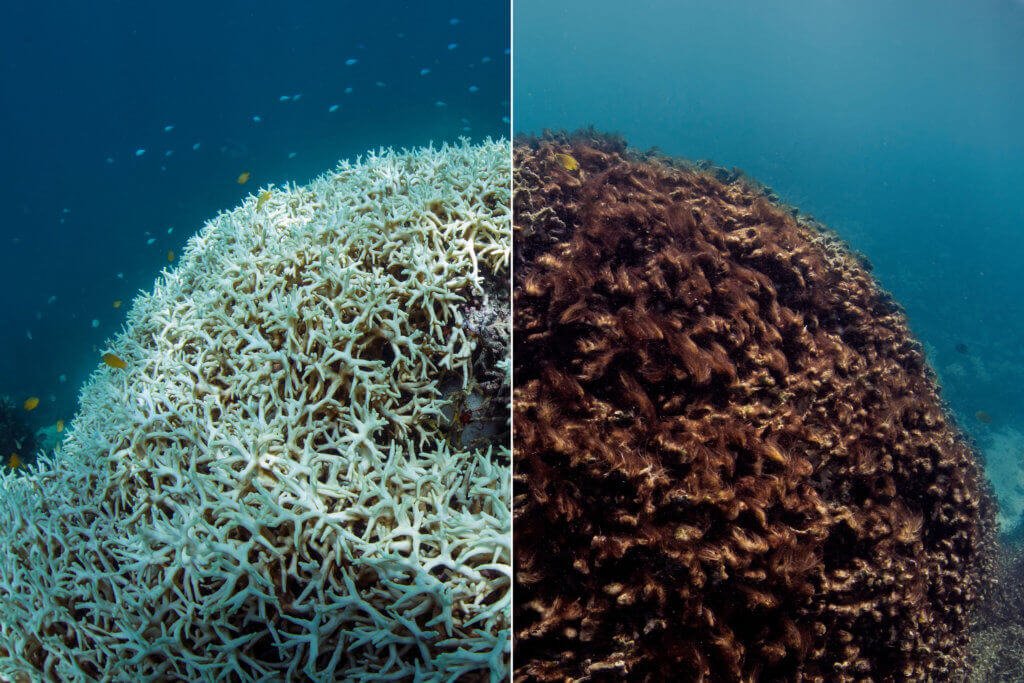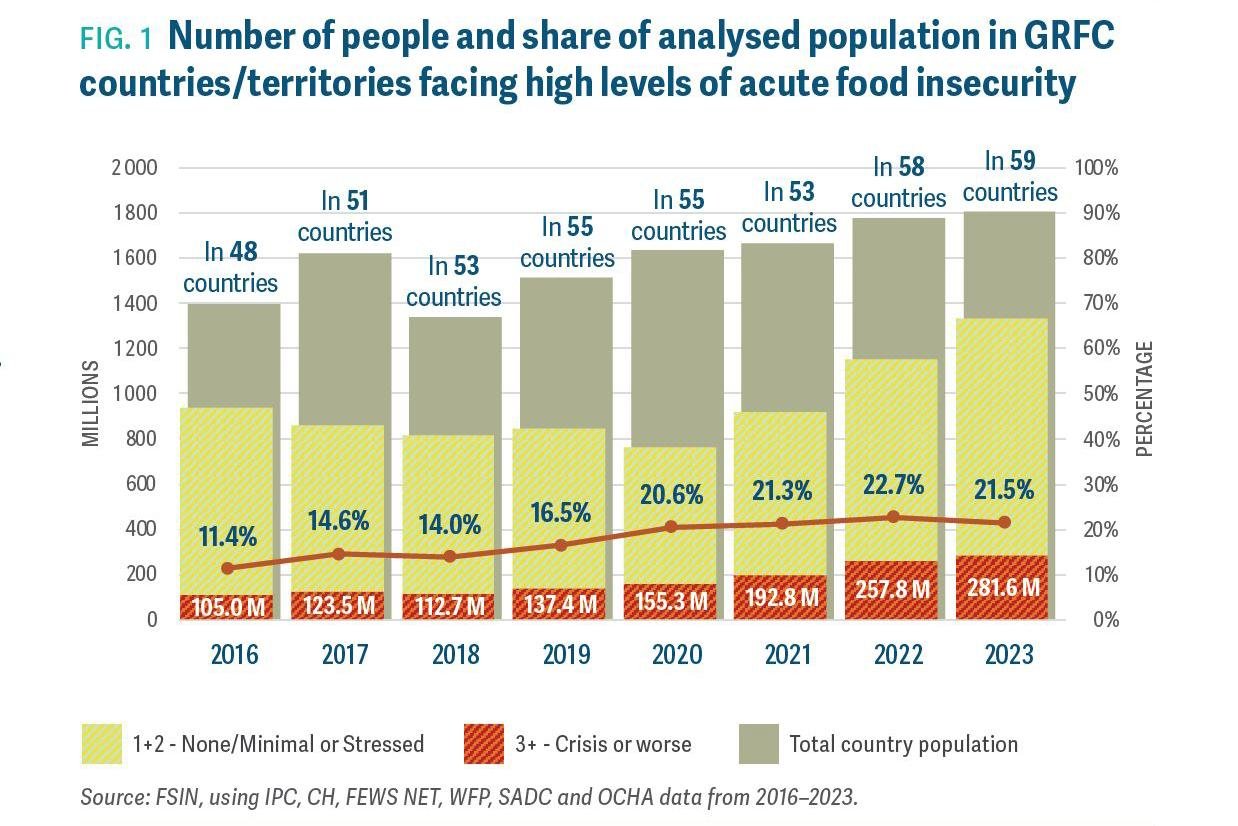
Climate change forces Panama Islanders to relocate
Subscribers of "Current Affairs" course can Download Daily Current Affairs in PDF/DOC
Subscribe to Never Miss an Important Update! Assured Discounts on New Products!
Must Join PMF IAS Telegram Channel & PMF IAS History Telegram Channel
- Context (IE): Around 300 families from Gardi Sugdub in Panama’s Guna Yala province were relocated to the mainland due to persistent flooding caused by rising sea levels.
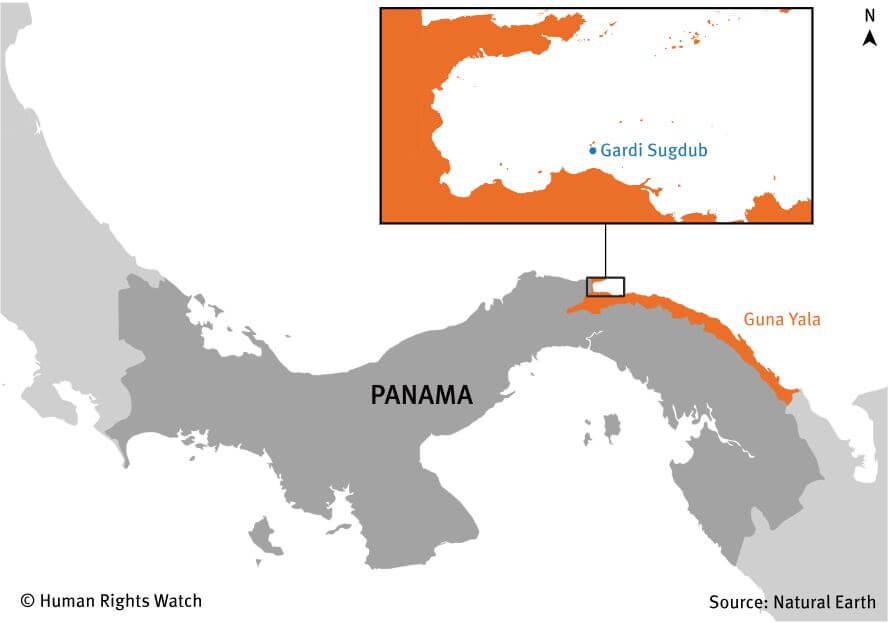
Credit: Human Rights Watch
Gardi Sugdub
- Gardi Sugdub, or ‘Crab Island,’ is a tiny island in an archipelago off Panama’s northern Caribbean coast and has been home to Guna Indigenous people for over 100 years.
- Originally, the island provided the Guna with refuge from mainland mosquito-borne illnesses and colonial restrictions, but Gardi Sugdub faces new challenges today.
What is happening in Gardi Sugdub?
- According to a 2023 Science News report, sea levels are projected to increase by 1 cm per year by 2100 due to soaring global temperatures.
- Panama is in the Caribbean; the current average sea rise is around 3 to 4 millimetres per year.
- Despite the islanders’ efforts to fortify the island’s periphery with rocks, coral, and such, the advancing sea continues its encroachment, rendering the island increasingly uninhabitable.
- In response to this crisis, the Panamanian government initiated the construction of 300 new houses on the mainland, according to a report by The Associated Press.
Impact on Other Island Nations
- According to a 2022 report by the Intergovernmental Panel on Climate Change (IPCC).
- Small Island Developing States (SIDS) in the Caribbean, Pacific, and Atlantic, such as Tuvalu, the Marshall Islands, and Kiribati, are experiencing some of the most dramatic effects of rising sea levels.
- These islands are losing their land and facing existential threats to their culture and economies.
- Such rising levels, combined with storm surges and ‘king tides’ (the highest high tide of the year at a coastal location), are causing coastal erosion, salinisation of freshwater resources, and increased vulnerability to extreme weather events.
- They are particularly vulnerable to these changes due to their low elevation and high dependency on marine resources.
What is Small Island Developing States (SIDS)?
- SIDS are islands of the Caribbean Sea and the Atlantic, Indian, and Pacific Oceans.
- SIDS are a group of 39 states and 18 Associate Members of United Nations regional commissions facing unique social, economic, and environmental vulnerabilities.
- They are relatively remote, vulnerable to environmental challenges such as climate change, and generally small, Niue has a population of only 1,269, and Tuvalu has a total land area of only 26 km2.
- SIDS was recognized as a special environmental and development case at the 1992 United Nations Conference on Environment and Development (UNCED) in Rio de Janeiro, Brazil.
- The aggregate population of all the SIDS is 65 million, slightly less than 1% of the world’s population.

Source: UNCTAD
How fast is the global sea level rising?
- Since 1880, the global sea level has ascended by approximately 21–24 centimeters, with the rate of increase accelerating in recent decades.
- These rising levels are mainly because of global warming, with vulnerable coastal regions and countries of the Global South being the worst affected.
- Today, the global average temperature has increased by at least 1.1 degrees Celsius since 1880.
- This rise is driven by several different factors, including the thermal expansion of seawater as it warms and the melting of land-based ice, such as glaciers and ice sheets.
Also refer > Greenhouse Effect, Global Warming, Carbon Sequestration
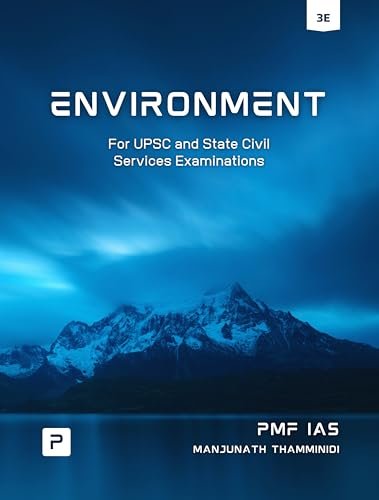

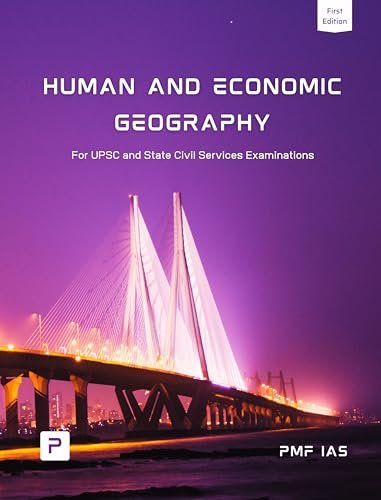




![PMF IAS Environment for UPSC 2022-23 [paperback] PMF IAS [Nov 30, 2021]…](http://pmfias.b-cdn.net/wp-content/uploads/2024/04/pmfiasenvironmentforupsc2022-23paperbackpmfiasnov302021.jpg)

